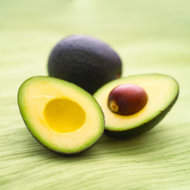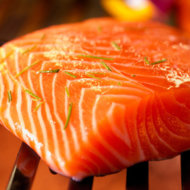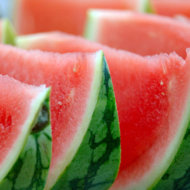While everyone was harping on the high Certificate of Entitlement (COE) prices, another spanner was thrown into the works with the recent announcements regarding cars.
First, the Monetary Authority of Singapore (MAS) has restricted financing for motor vehicles. Buying a car now requires a down payment of 40 to 50 per cent of the car purchase price in cash, including relevant taxes and the COE. In addition, the tenure of the loan has been changed to five years instead of 10. These revisions apply to both new and used cars, but not to motorcycles and commercial vehicles.
During the budget speech, it was also announced that there will now be a tiered tax rate for passenger cars. Instead of all cars paying the same main vehicle tax (or known as additional registration fee or ARF) at a flat rate of 100 per cent of the car’s open market value (OMV), more A tire For example, a Mercedes-Benz E250 which has an OMV of above $50,000 will need to pay 180 per cent of incremental OMV.
These cooling measures make car ownership even tougher for the average Singaporean.
Not forgetting, there is the Carbon-based Emissions Vehicle Scheme (CEVS) that will start imposing penalties for cars emitting above a certain level of carbon dioxide from July onwards.
Some banks have also raised their interest rates.
MAS said its motor vehicle loan restrictions are meant “to encourage financial prudence of car buyers” so that people don’t end up over-extending themselves, but some feel that there are greater societal and commercial effects resulting from this.
A lot of unhappiness and resentment have been circling on the ground, with many exclaiming that these measures will only serve to widen the gap between the rich and the poor.
An extremely avid car enthusiast, who declined to be named, was left feeling utterly disappointed on Monday night, hours after the budget speech. He said, “I was planning to buy a BMW M3, but right now all hopes are gone. I was intending to migrate but decided to stay put and get a car, however, these measures just killed everything. For a brand new M3, I would need to fork out about $200,000 up front for a 50 per cent loan. I think it is time to put that migration plan into place.”
People will be forced to rethink their priorities and only those who can truly afford a car will be able to do so now.
A larger initial cash output might also lead to people buying a smaller car instead of a bigger car that the same down payment amount could fetch previously. That would mean seeing an increase of small cars in the city and making exotic cars more exotic than before.
“This will really force people to realign their priorities. It is one thing to prevent us from overstretching ourselves financially, but it also severely limits the purchase options,” said Yit Beng, 28, who is in automotive-related sales.
He added, “Young couples, families and sales personnel who need their vehicles for their jobs will be the worst hit. Already the amount of cash on hand is low, with the short loan period now and the increased interest rates, these all make for a recipe for disaster.”
Indeed, the hardest hit will be on people who really need the car, such as those with children, elderly or requiring a car for their businesses. Businesses may be forced to get commercial vehicles and people may have to start whipping out their EZ-link cards more often.
The car trade will also suffer, as these measures came so abruptly that it has left industry players scrambling for the next few days.
“This has caused a knee-jerk reaction from the car industry, with a lot of uncertainty especially in the first few days that follow the announcements. I think this is probably the right thing to do, for the government to implement this deterrent to avoid a social problem down the road if the market is overheating with people getting extremely cheap credit and over-leveraging themselves. People will be forced to reconsider taking the public transport,” said Lung of luxury concierge service Quintessentially Lifestyle and motorsport outfit Veritas Racing.
The car market will have to look into things such as revamping the pricing of cars and deciding whether to pass on the entire incremental ARF to consumers.
It is understood that some car distributors are negotiating with their principals for better pricing so that they do not need to pass on the incremental ARF to consumers directly.
Business will also be greatly affected with less people able to buy cars. Those who are looking to sell their cars may be stuck too.
“The new rules are definitely a deterrent for most people who are ‘addicted’ to changing cars at a whim. For me, I just changed my car so it will be at least another three to five years before I will entertain the thought again. However, instead of selling my existing car, I may have to export them. The car trade would slow down even more,” said Charmain Hng, 35, senior financial services manager.
A used car dealer I spoke to said that he might end up having to fold the business. He said, “I’m only a small-timer in the field but this is enough to kill my business. Those used car dealers with big inventories will run into bigger problems now.”
COE bidding for the months of March and April have been revised to allow consumers and the motor industry more time to adjust to the changes. With the demand for cars down, COE premiums might drop. Hopefully in the long run, the COE prices will be brought down and help to offset car prices.


